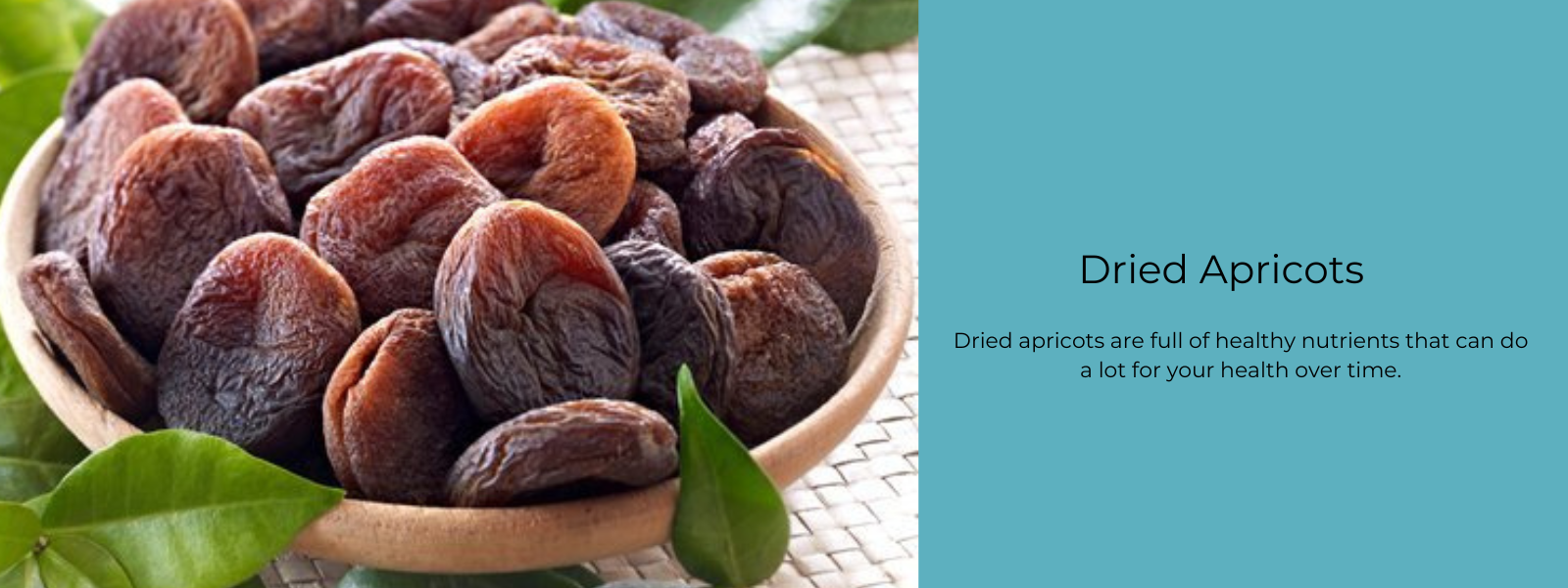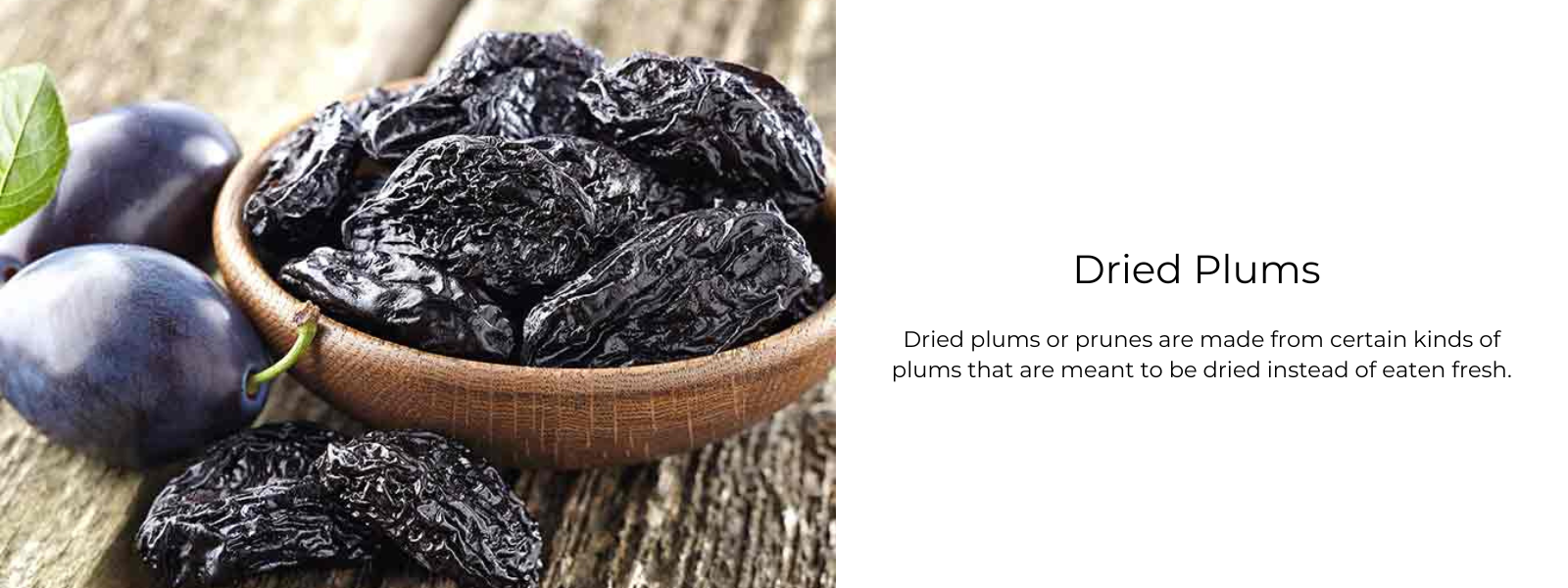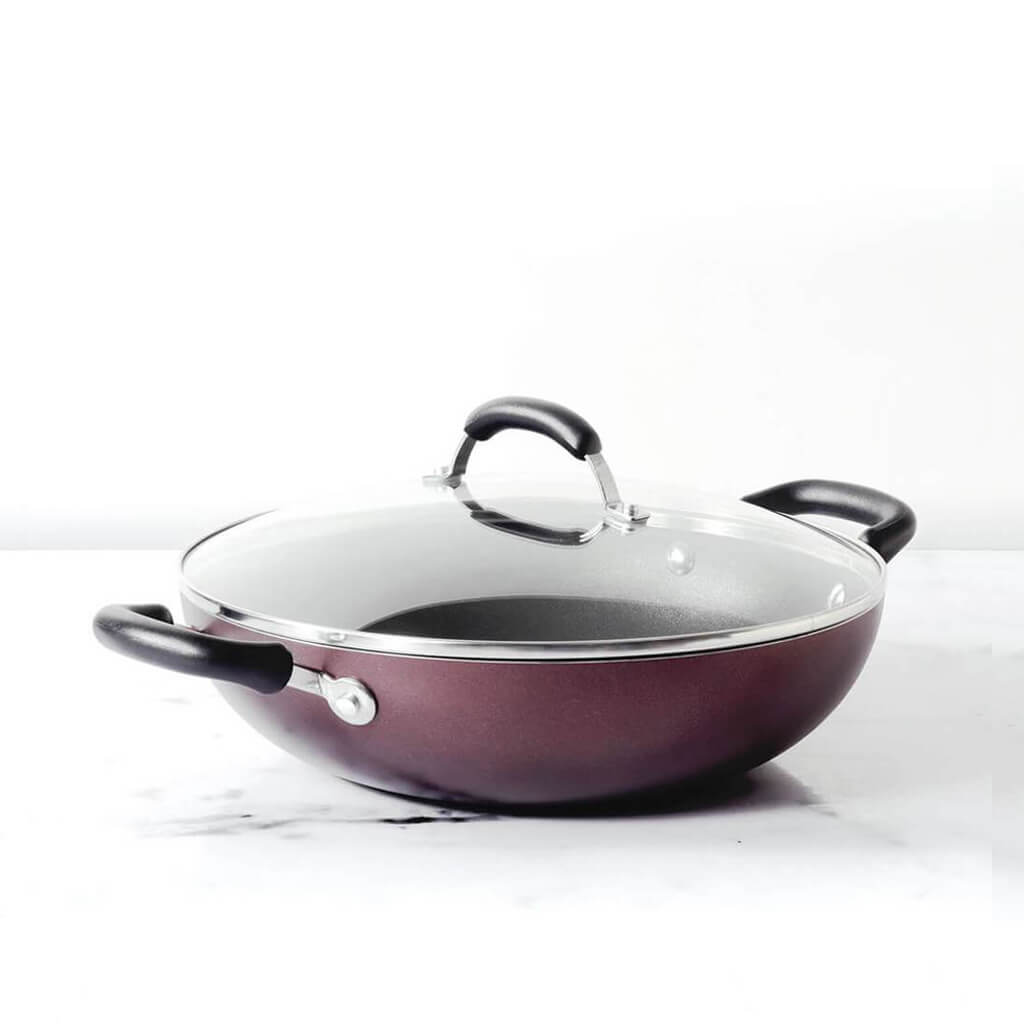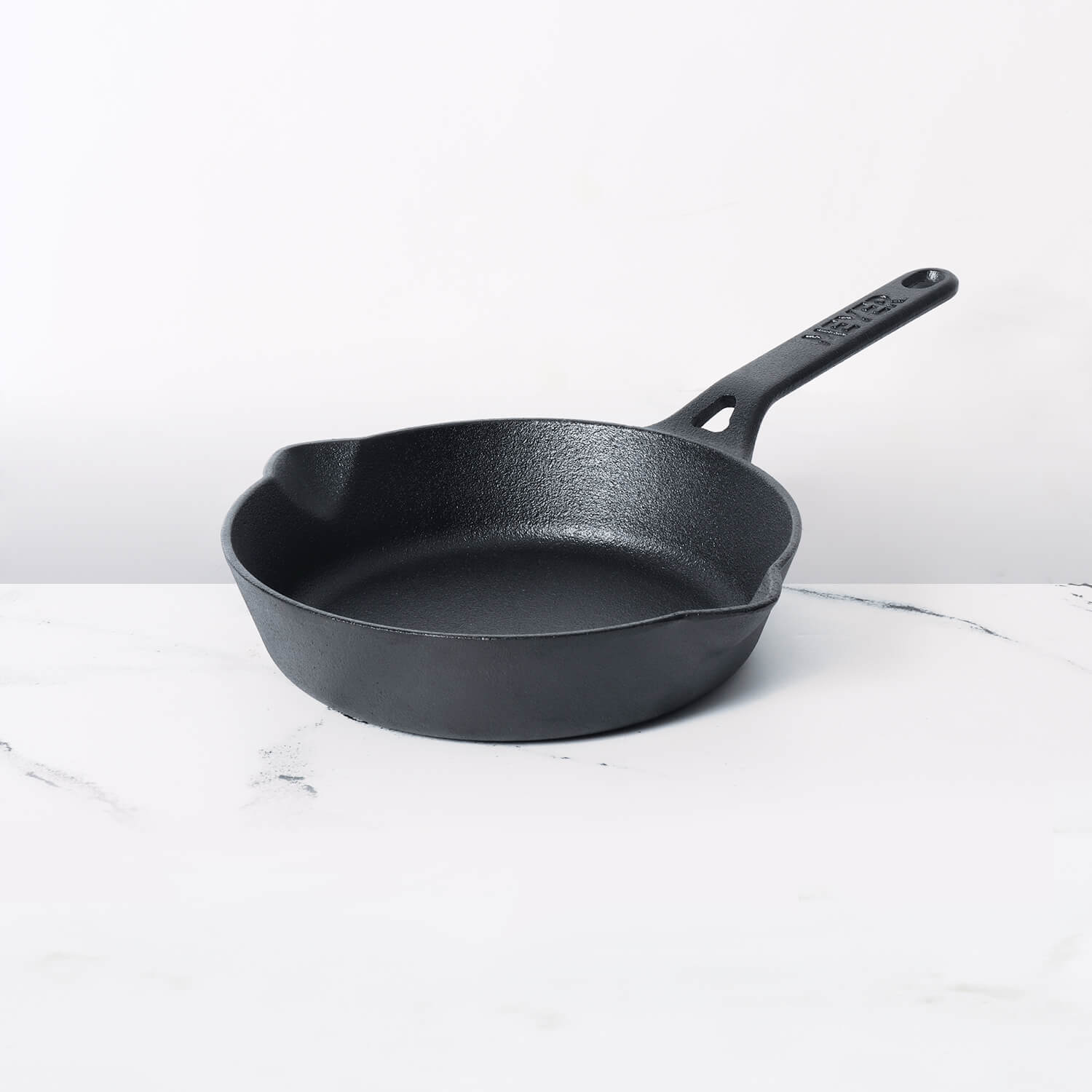Dried dates have been used for thousands of years in anything from trail mix to pastry centrepieces. Dates, which some historians believe to be the earliest cultivated fruit, had significant cultural and religious significance for a number of ancient civilizations.
During the holy month of Ramadan, Muslims break their fast with them and celebrate the conclusion of the holy month with a festive meal called Eid al-Fitr. Dried dates are still widely available in the Middle East and are used in many traditional dishes and celebratory meals.
Dates can be eaten fresh, but their rich flavour really shines when they are dried and stored. The drying process enhances the concentration of specific minerals and also modifies the taste and texture.
There are many different kinds of dried dates, each with its own unique flavour and nutritional profile due to the unique conditions under which it was grown. The medjool, zahidi and deglet noor varieties of dried dates are among the most popular. They are widely available in supermarkets and health food stores worldwide.
Dried dates, which can keep for up to 5 years, are a popular option because of their extended shelf life and high nutritional value. At rituals in various parts of the country, dry dates are given and received as "gifts."
Table of Contents
What are dried dates?
Dried dates are packed with nutrients and make for a great snack. They are commonly utilised in Indian homes and have a durable appearance because of their low moisture content. The rich nutrients in dried dates give them a bold flavour. You can get them in grocery shops all over the world, and they are good for you since they include fibre, calcium, and vitamin C.
Other names of dried dates:
Sukhee Khajoor, Endu Kharjooram, Suska Dinankagalu, Kannada, Sukano Kejura, Ular Tetikal, and Varanta Tiyatikal are all names for dry dates.
Nutritional value of dry dates:
Carbs
On one date, you'll find 6g of carbs, largely in the form of sugar. The high concentration of fructose in dates, which is about twice as sweet as glucose, also contributes to their palatable sweetness. The average date has about half a gramme of fibre. The fruit's sugar content increases and its fibre content decreases as it ripens.
Dates range from 43 to 55 on the glycemic index, depending on variety and ripeness. Dates, despite their sweetness, are a surprising low glycemic snack option.
Essential Nutrients
Dates have high levels of iron, magnesium, and potassium. Dates are rich in pantothenic acid, folate, and the other six B vitamins. Dates provide beneficial phytoestrogens and high levels of polyphenols, an antioxidant that protects cells from harm.
The unique nutritional profile of dried dates is mostly owing to their high calorie content. In addition to these, they are a good source of vitamin C, vitamin K, iron, and the B vitamins. They also include all the minerals your body needs to function normally, such as copper, selenium, magnesium, iron, potassium, and others.
Health benefits of dried dates:
Controls blood pressure:
Dried dates contain very low levels of cholesterol and have been shown to reduce levels of low-density lipoprotein (LDL, also known as "bad cholesterol") in the blood. As they are high in potassium and low in sodium, dry dates are an excellent addition to the diets of those trying to control their blood pressure.
Natural laxative:
Dry dates are a healthy addition to any diet since they help regulate digestive disorders including acidity and constipation. A lack of dietary fibre, dehydration, or an underlying ailment can all contribute to the onset of constipation. Due to their high fibre content, dry dates can be used as a natural laxative and can help keep bowel movements regular. The acidity in the stomach is reduced and the stomach is soothed by the cooling action of these fruits.
Improves digestion:
Improved digestion and absorption of nutrients are achieved by the combination of dried dates' antioxidant qualities, which stimulate metabolic activity, and the soluble and insoluble fibre, which release sufficient amounts of digestive juices. If you're already carrying extra weight, eating more than two dry dates at a time could be counterproductive.
Instant energy:
Dried dates are the best food for instant energy. Because it contains carbohydrates like fructose and sucrose, it is helpful for combating extreme weariness. If you experience fatigue on a frequent basis, keeping some soaked dates on hand will help you regain your strength quickly.
Stronger bones:
Increased bone density can be attributed to the healthy doses of calcium, vitamin C, iron, and vitamin B-6. To prevent and treat osteoporosis and other bone-related illnesses in the future, nutritionists advise eating three dried dates each day, at least twice per week.
Dry dates for children:
If you're looking for a way to incorporate dried dates into your child's diet plan, one easy way is to simply grind them into a powder. Dates provide a wide variety of nutrients and may be ingested by people of all ages. As a natural sweetener, it can be used in a wide variety of desserts and milk-based foods.
How to eat dry dates?
Dried dates are tough and require soaking in water for up to 5 hours before they become pliable to the touch. You can eat the pulp by removing the seed. Don't toss that water just yet; it's loaded with beneficial nutrients that can help with everything from bloating to constipation.
How are fresh dates different from dried dates?
Dried dates vary significantly from fresh ones in terms of calorie and nutrient content, macro and micronutrients, fibre content, and shelf life.
1. Calories: 100 grams of fresh dates has 145 calories, whereas 100 grams of dried dates has up to 280 calories.
2. Shelf life: Dates, when dried, have a five-year shelf life, buy fresh dates kept in airtight containers have an eight-month lifespan.
3. Nutrition: When it comes to nutrition, dried dates and fresh dates are essentially interchangeable. Both are exceptionally high in vitamin A, which improves eyesight, and iron, which helps fight heart disease and strengthens the immune system. Magnesium helps lower the chance of developing diabetes.
4. Micronutrients: Although required in lower doses, micronutrients are essential to human health. Dried dates are a great source of iron and calcium, and fresh dates are a good source of vitamin C.
5. Macronutrients: The body needs a lot of fat, protein, and carbs, all of which fall under the category of "macronutrients." Dry dates have a larger glucose content than fresh dates, but approximately the same amounts of fat and protein.
6. Fibre: Dates' high fibre content makes them an effective natural laxative and a key component of a diet that can help maintain digestive health. When compared to fresh dates, the dry variety has a far higher fibre content.
Are dry dates good for weight loss?
Fresh and dry dates are equally nutritionally competitive; nevertheless, if you want to lose weight, including fresh dates will help you feel full for longer.
Due to their high caloric content, dry dates are an excellent choice if you want to gain weight.











Leave a comment